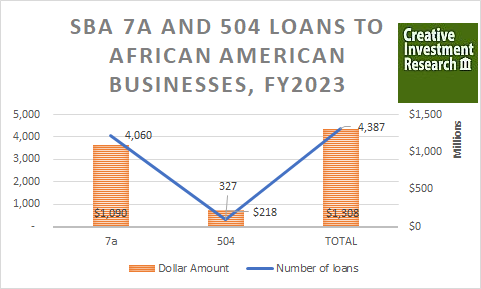In a recent article, the Washington Post presented a contentious view on the role of federal programs in addressing racial inequality. The paper indicated these programs are based on flawed assumptions of inherent disadvantage, but this overlooks the nuanced complexities of systemic barriers faced by minority groups. What is needed is a more honest, ethical, balanced perspective, highlighting the historical context and the necessity of such programs.
Contrary to the Post’s assertion, federal aid programs for minority businesses are not premised on an inherent disadvantage but rather on a history of systemic barriers. Evidence from numerous studies points to the continued challenges minority-owned businesses face in accessing capital and opportunities, a disparity these programs aim to address.
Legal challenges to these programs simplify a complex issue. A more nuanced discussion is needed, one that acknowledges the successes and pitfalls of these efforts while striving for equitable solutions.
The categorization of disadvantaged groups in federal programs is not a haphazard process. Decades of research, including my book “Thriving As a Minority-Owned Business in Corporate America: Building a Pathway to Success for Minority Entrepreneurs 1st ed.” have meticulously documented an evolving understanding of racial dynamics and economic inequalities as evidenced by the data.
The Minority Business Development Agency (MBDA) plays a crucial role in supporting minority businesses. Statistics on the agency’s impact challenge the notion that its focus is solely on racial categories, highlighting its significant economic contributions.
The article errs in linking the Supreme Court’s education ruling to business and government contracting, since this overlooks the fact that these are independent legal areas. There are unique challenges and requirements in these sectors. A distinction is necessary for a fair analysis. The affirmative action ruling is simply not applicable to minority contracting.
An in-depth examination of the plaintiffs’ arguments reveals a shallow, inaccurate understanding of complex legal and ethical considerations. The broader implications of these cases on societal equity warrant careful consideration.
A balanced approach is needed, one that recognizes the necessity of race-based programs while also acknowledging their limitations. Constructive suggestions for improvement include increased transparency, regular program evaluations, and inclusive dialogues to refine these initiatives.
In conclusion, while it’s essential to critique and improve government programs, dismissing them outright fails to recognize the systemic challenges they aim to address. A better approach is to engage in a more informed and constructive dialogue, seeking solutions that balance societal equity with fairness and equality. Let’s strive for a future where government aid is both effective and inclusive, fostering a business landscape that truly reflects the diversity and potential of our society.

